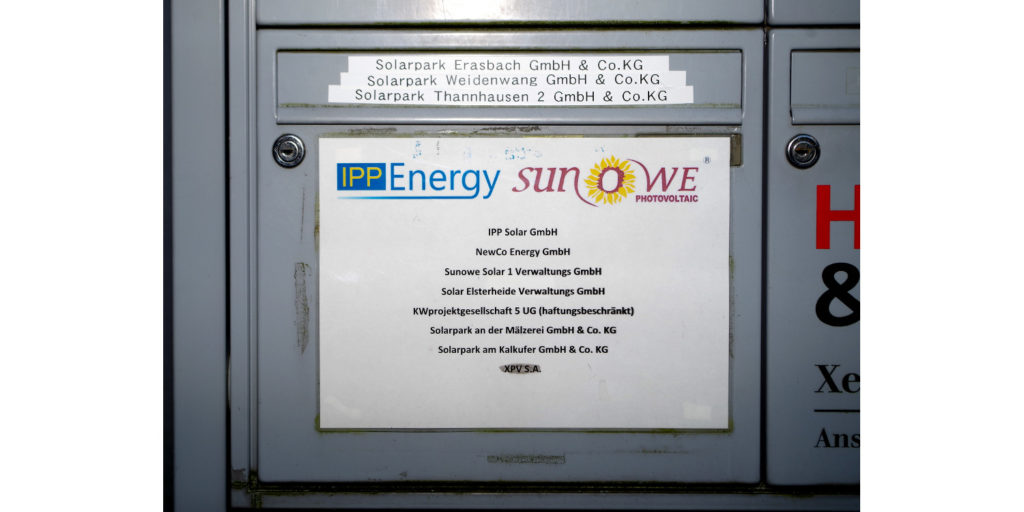From pv magazine Germany
In October 2017, the German customs authorities claimed to have “discovered a fraudulent cartel for solar modules.”
One local county politician from the district of Erlangen-Höchstadt was arrested in the case. Sunowe executives and employees in Nuremberg were suspected of having evaded €20 million ($24.2 million) in anti-dumping and anti-subsidy tariffs, while also circumventing the minimum import price (MIP) for crystalline solar modules from China since December 2013.
In March 2019, a trial against six defendants, including the Erlangen-Höchstadt politician, began before the third criminal chamber of the Nuremberg-Fürth regional court. The main hearing was later suspended in order to give the customs investigation office time to present “central evidence,” but the case was further delayed. The pandemic later meant that very little happened in 2020.
“(The process) will now restart on May 3,” said Alexander Rumpf, a lawyer of Sunowe from Dannenfeldt & Rumpf Rechtsanwälte. In the summer of 2019, he spoke of a “miserable failure of the prosecution,” because the Nuremberg public prosecutor and the customs investigation offices were unable to produce important documentation from the Netherlands.
Some of the people who were arrested have been in custody for up to 1.5 years. They are Chinese citizens who are suspected of being flight risks. They have still not returned to China and will be present when the trial resumes, Rumpf said.
The European Union introduced a minimum import price in December 2013 to replace anti-dumping and anti-subsidy tariffs for PV modules from China.
This content is protected by copyright and may not be reused. If you want to cooperate with us and would like to reuse some of our content, please contact: editors@pv-magazine.com.




By submitting this form you agree to pv magazine using your data for the purposes of publishing your comment.
Your personal data will only be disclosed or otherwise transmitted to third parties for the purposes of spam filtering or if this is necessary for technical maintenance of the website. Any other transfer to third parties will not take place unless this is justified on the basis of applicable data protection regulations or if pv magazine is legally obliged to do so.
You may revoke this consent at any time with effect for the future, in which case your personal data will be deleted immediately. Otherwise, your data will be deleted if pv magazine has processed your request or the purpose of data storage is fulfilled.
Further information on data privacy can be found in our Data Protection Policy.